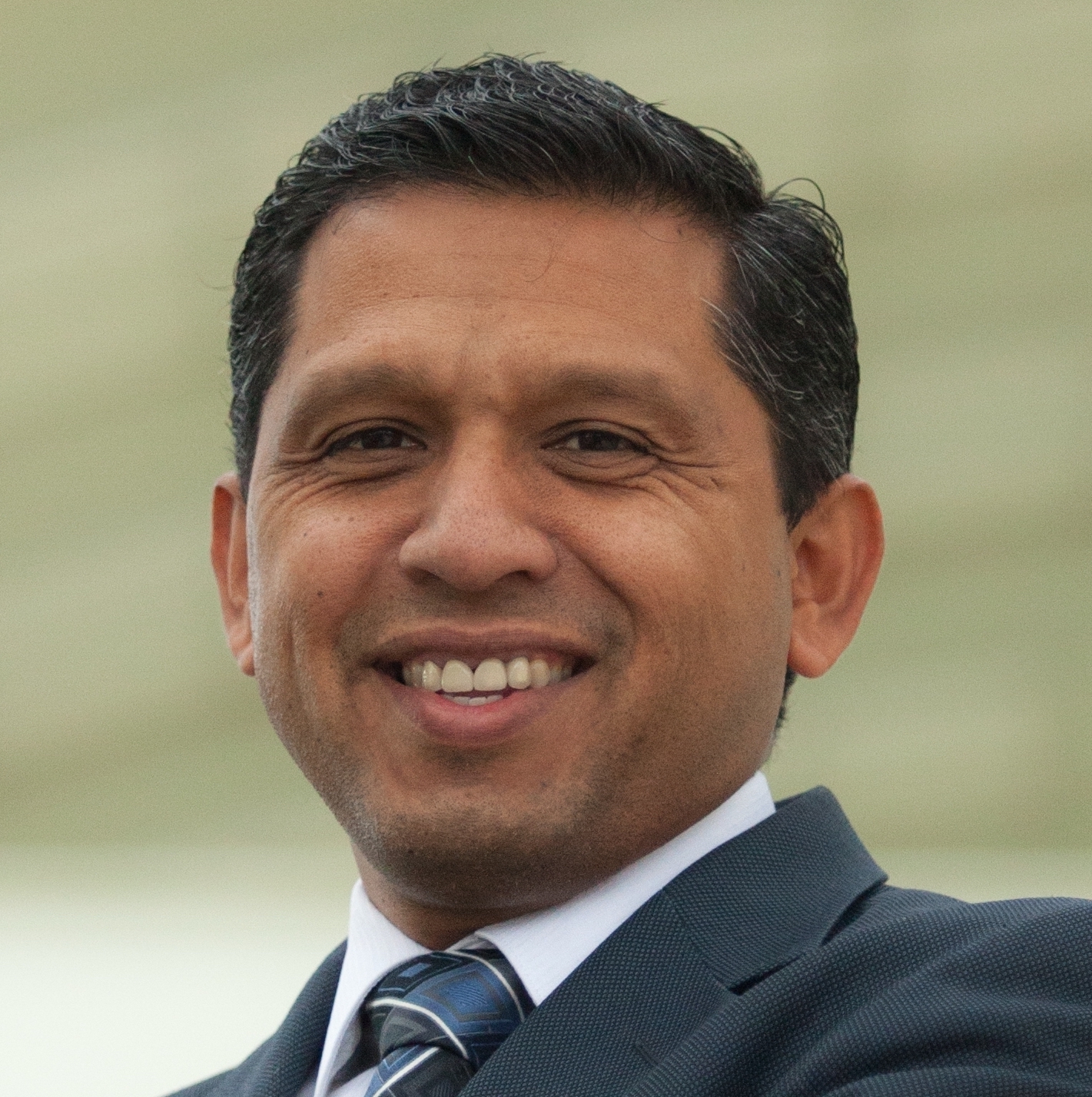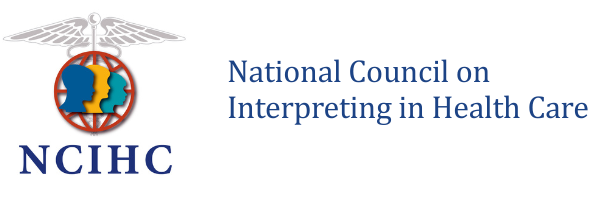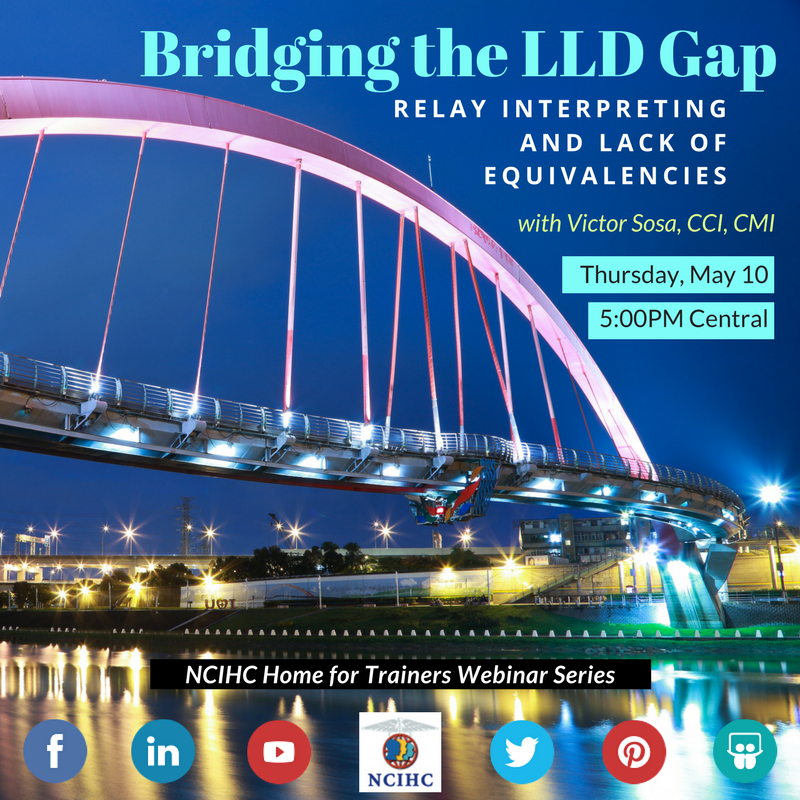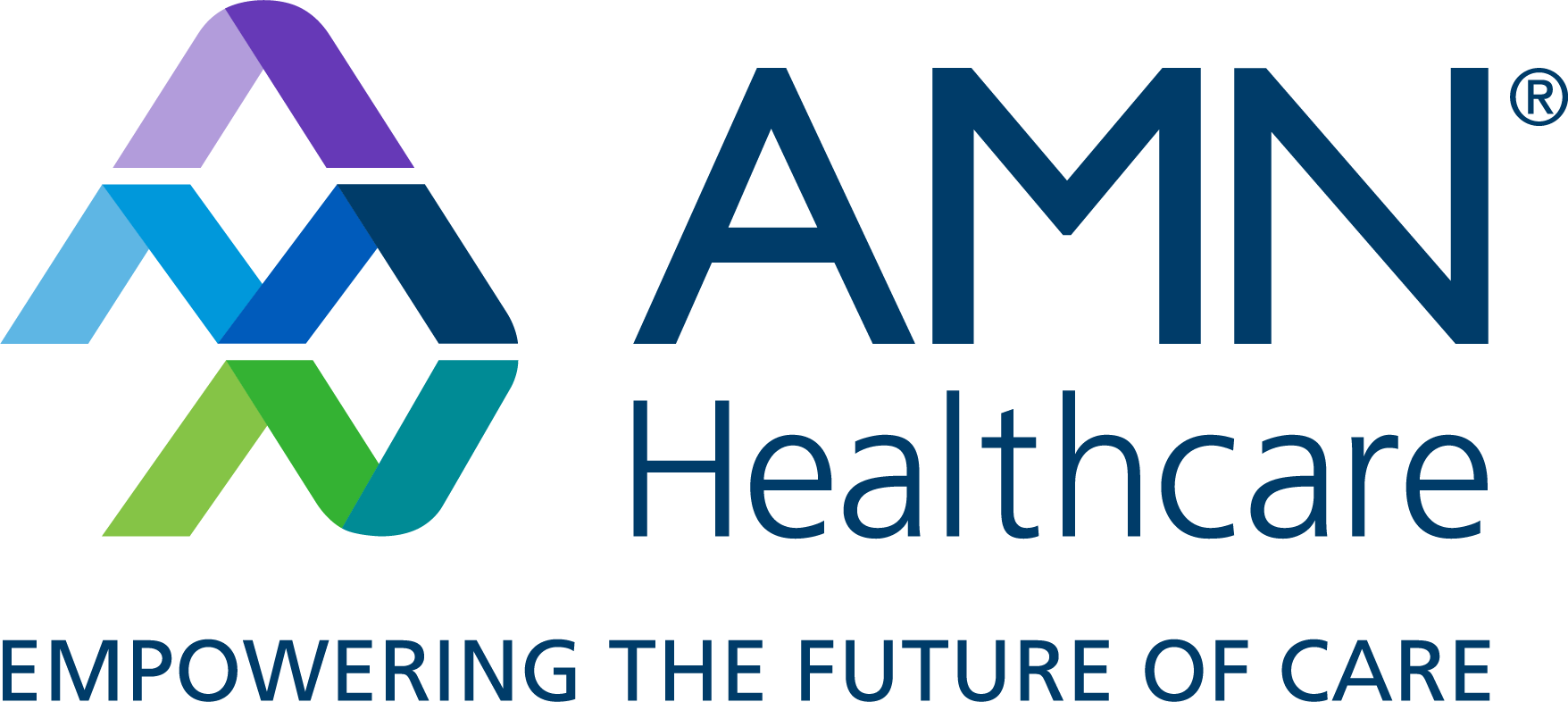Bridging the LLD Gap: Relay Interpreting and Lack of Equivalencies
While the interpreting profession has had LLD1 interpreters for many years, these individuals often have had few options for training and development to succeed in their profession. Court systems, community services, and healthcare providers have had difficulties in supporting the success of these interpreters for reasons that include lack of awareness of the unique complexities of interpreting and unrealistic expectations. Barriers that interpreters are tasked with overcoming include lack of equivalencies of westernized terms, lack of shared medical concepts among the participants in the encounter, and difficulties in working with other interpreters when relay interpreting2 is required to facilitate communication among the participants of the encounter. Often times neither interpreter working in relay interpreting encounters has had training on how to effectively perform relay interpreting in consecutive or simultaneous mode. This presentation will aid in presenting and discussing possible strategies and solutions to overcome these barriers. Interpreter trainers will gain awareness of the complexities that these interpreters face and will be presented with practical strategies that they can include in their training programs or workshops.
This training covers concepts and practical techniques, including
- Identify barriers for LLD interpreters related to lack of language equivalencies
- Identify barriers to effectively interpreting in situations that require relay interpreting
- Describe training strategies and solutions that prepare interpreters to overcome these barriers
1LLD defined: Defining the term “languages of limited diffusion” (LLD) is a little harder than it looks because there are a variety of perspectives used when looking at LLDs. Most broadly, an LLD is any language in a geographic area in the U.S.--like a city, county or region—where the population of speakers is relatively small. A specific language like French may be an LLD in Ames, Iowa but not in New York City. Another way to look at LLD is that a language has only a small population in its country of origin. A language like Munduruku is an example of this perspective. LLDs can be further subdivided between languages with a rich history of writing and many available resources (dictionaries, grammars, medical books) in contrast to groups without this as well as low levels of literacy and education for the speakers. (source: http://www.ncihc.org/languages-of-limited-diffusion)
2Relay Interpreting defined: relay interpreting is an interpreting process in which two individuals attempting a conversation communicate through two interpreters, each of whom speaks only one of the two languages required as well as a common third language. Examples of this would be interpreting Quechua into Spanish, which in turn is interpreted into English or interpreting an idiosyncratic sign language into ASL and then into English. (source: http://www.ncihc.org/assets/documents/NCIHC%20Terms%20Final080408.pdf)

About the presenter:
Victor Sosa, CCI, CMI, has served as the Director for Indigenous Interpreting + and as the Language Access Coordinator at Natividad Medical Center since 2010. He is also an accomplished Certified Court Interpreter with years of experience as a staff court interpreter. He holds the National Board’s Certified Medical Interpreter certification. Mr. Sosa received the 2013 National Council on Interpreting in Health Care (NCIHC) Language Access Champions Award and was a featured speaker at the 4th InterpretAmerica Summit (2013), From Indigenous Immigrant to Professional Medical Interpreter. He was also an invited panelist at the 2013 Critical Link 7 conference discussing "Breakthroughs in Aboriginal Interpreting: Innovation and Insight for Indigenous Communities." Mr. Sosa is an experienced instructor and trainer, having trained both in the healthcare and legal sector as well spurring the industry to develop training and curricula to be delivered in the cultural context of Indigenous and LLD language speakers. He is one of the authors of the Indigenous Interpreting 63-hour training manual due to be published in May 2018.
|



